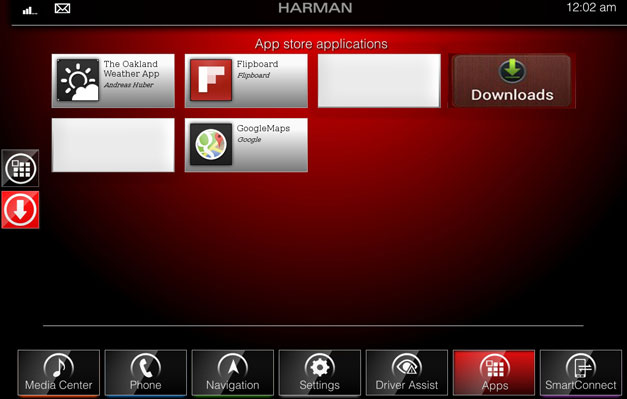

Harman is a premium audio maker. It has revealed an innovative in-car sound system that will allow passengers to individually tune the audio settings and listen to different radio stations and music at the same time. They do not need headphones as well.
It is named as ISZ or Individual Sound Zones which is intended to create different sound zones in the same environment, different sound zone for each passenger. It has very low interruption rate or interference from other vehicle occupants. It will use additional speaker positions in relatively close proximity to get sound to the ears of passengers. This practice will achieve different sound zones over the same audio with broader bandwidth.
This new technology setup will feature audio with two speakers on each headrest that will work in harmony with car’s main speakers to create new and separate sound zones. It will enable the speaker modification for customised sound zones via ISZ filter matrix.
This special directional EDPL headliner speaker technology has been patented by Harman audio makers. It is a passive sound system that can cover broader audio frequencies. The brand claims that ISZ is an ultimate car audio integration and it will give each passenger a complete control over their listening preferences.
The new technology has the capacity to isolate things like CD and auxiliary devices, navigation system and vehicle alert sounds because they are only for the driver and will be heard by him only. It also has the features to independently adjust the volume in each sound zone or you can mute or shut down if you wish.
There are currently no details on its final unveiling, though the manufacturer insists that the technology is available for automakers to use in their vehicles. BMW, MINI and Mercedes-Benz are the likely automakers who will soon offer this technology in their cars.
